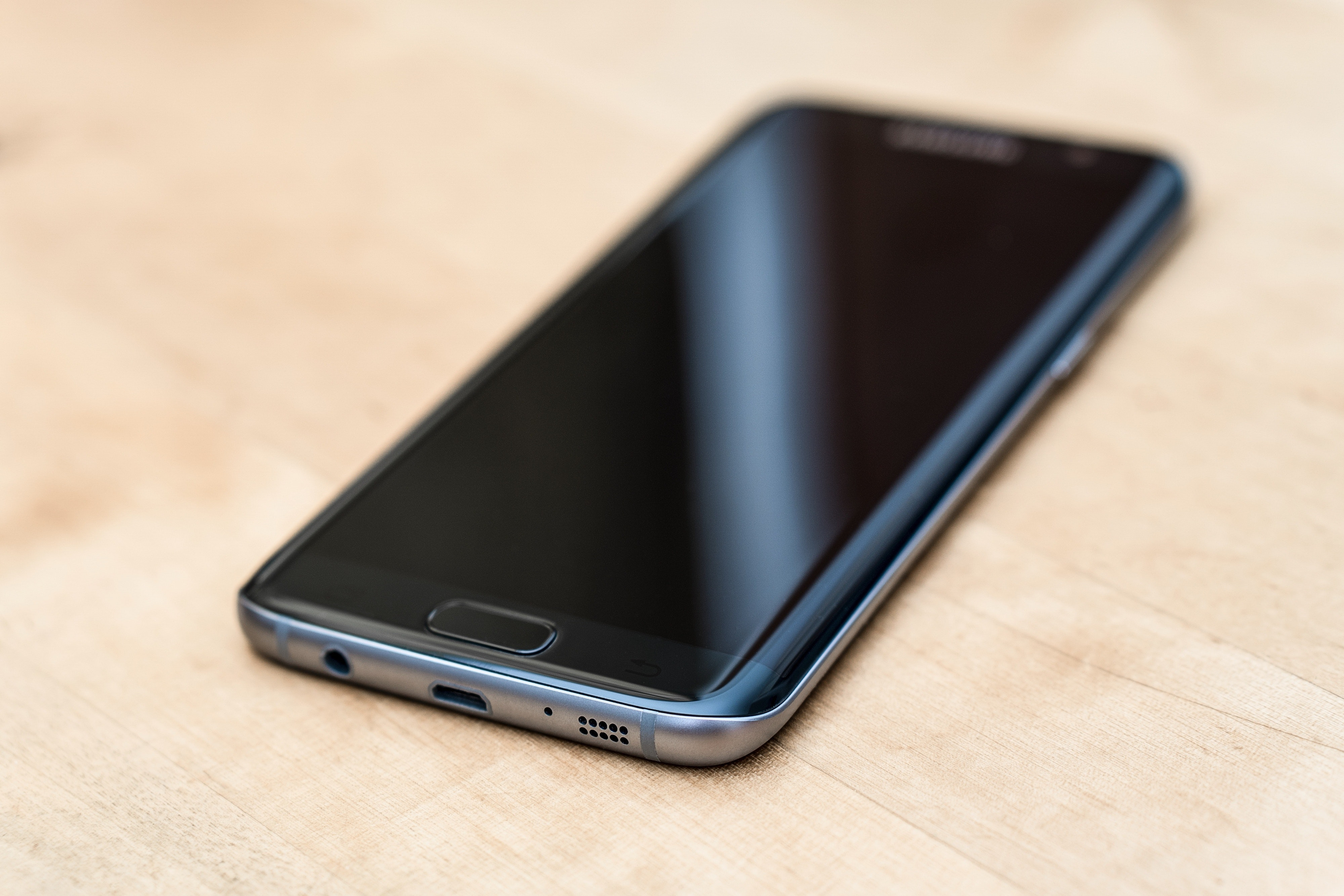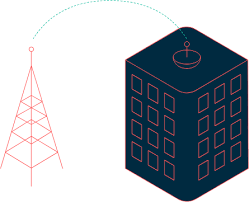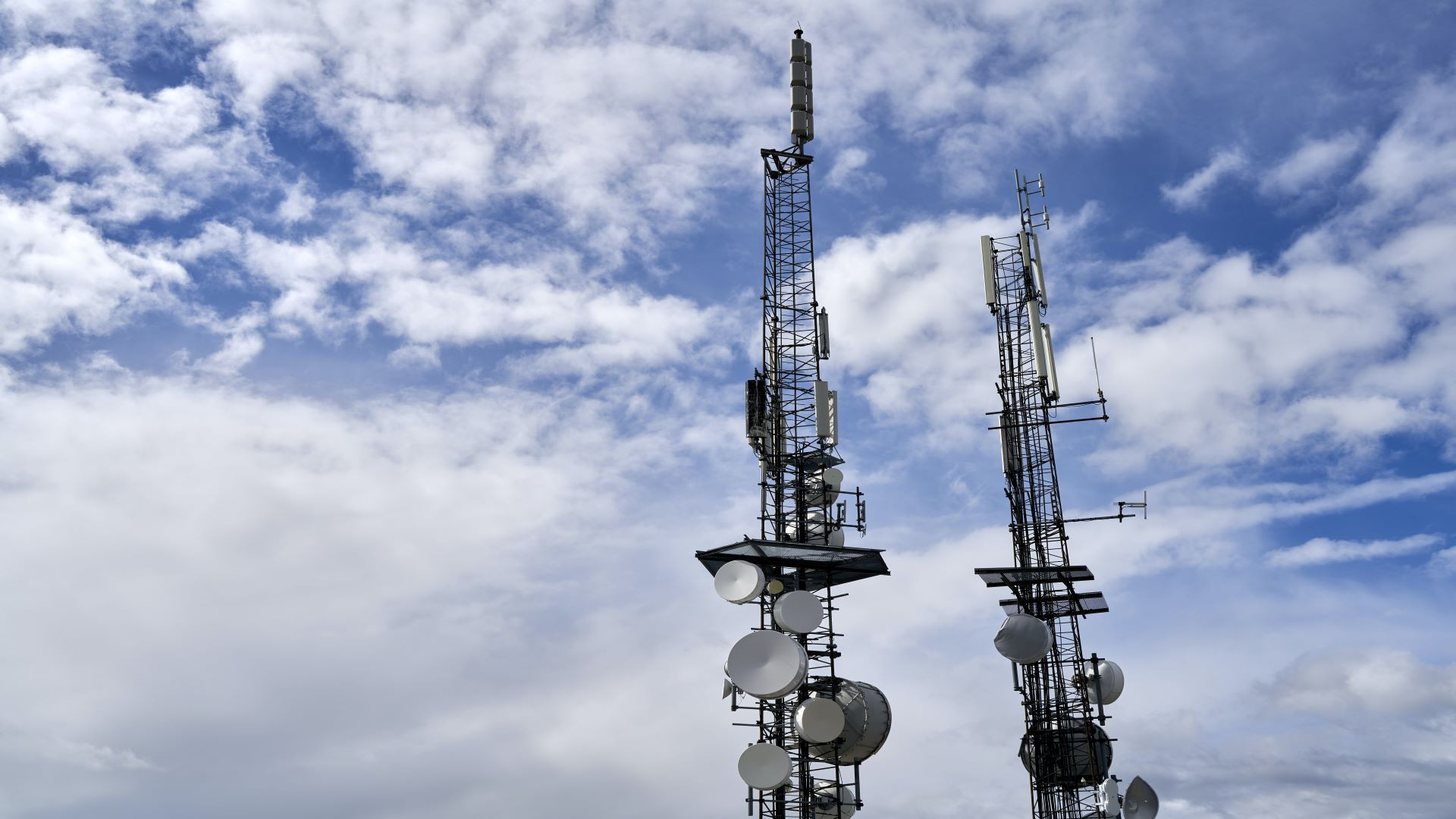
Harris County Universal Services has traditionally served the public sector but will now serve private citizens.
ShareFacebookTwitterLinkedInEmailPrint
Motorola Solutions is building a private LTE network for the nation’s third most populous county using CBRS spectrum. The network In Harris County, Texas currently supports 1,000 households and is expected to connect 6,000 by the end of 2021.
Harris County Universal Services, which provides IT and communication services for the public sector, is using CARES Act funds to extend connectivity to Houston-area residents through the private wireless network. The county will give free CBRS modems to people whose homes are covered by the network. These can provide in-home Wi-Fi using the CBRS network for backhaul.
Harris County has been working with local school districts and community groups to let families in covered areas know they can get modems through their local libraries.
FEATURED WEBINAR
Unlocking Value in Telecom with end-to-end asset lifecycle management (ALM)
In this webinar you will learn how Cloud Applications transform telecom companies globally to improve ROI and ROCE on their Network assets including laying the foundation for an efficient asset management regime, which translates into stellar customer experiences.
In addition, Harris County will provide free SIM cards for CBRS-capable devices. Many smartphones already support CBRS (Apple’s iPhone 11 was the first CBRS-capable iPhone) and the analysts at SNS Telecom have projected 90% of all smartphones will support CBRS by 2023.
The county is also creating a digital task force to connect senior citizens and others to resources and adult digital literacy programs to help them access the network and take advantage of online doctor visits, banking, community services and job opportunities.
“Having access to a free private broadband network for learning, healthcare, access to job opportunities, and so much more will make a huge difference in people’s lives,” said Harris County Commissioner Adrian Garcia.
RELATED: California schools bridge digital divide with CBRS
In the future, Harris County foresees the CBRS network expanding to support IoT and public safety applications.
“The backhaul that Motorola Solutions is providing will allow us to capture and harness data from meters, sensors and cameras across the city to improve the delivery of county services and inform the work of our public safety agencies,” said Jim McMillan, senior director of public safety technology, Harris County Universal Services.
Harris County and Motorola are using CBRS under General Authorized Access (GAA), meaning they do not have to pay for the spectrum but could temporarily lose access if it is needed by the U.S. Navy or by a licensed holder. Federated Wireless provides the software that mediates spectrum access for Motorola.
Motorola and Harris County built the first five sites on rooftops, existing towers, and new poles constructed on county property. Twenty-six more sites are planned, some of which will be mobile sites deployed on Harris County vehicles to deliver connectivity to events, emergencies and COVID vaccine/testing sites. The goal is to have these sites online by the end of 2021.
Motorola’s Nitro solution provides a distributed LTE core network. An edge packet gateway is housed in a county facility while Motorola hosts the Evolved Packet Core (EPC).
RELATED: Motorola's Nitro features the first purpose-built CBRS radio
“Our initial focus has been on connecting students and families, but we also have an eye to what will be possible in the future with a foundation of strong, private broadband supporting our county operations,” said McMillan.
Major General Rick Noriega (Ret), executive director and CIO, Harris County Universal Services, said the private wireless network is part of the county’s effort to increase digital equity. “Harris County is committed to a long-term, sustainable solution that will bridge the digital divide in our communities,” he said. “We are looking toward the future.”
Sourced from: https://www.fiercewireless.com/private-wireless/motorola-and-harris-county-build-private-lte-network



